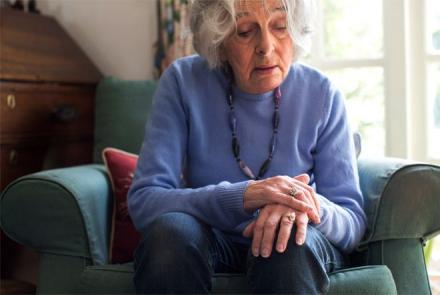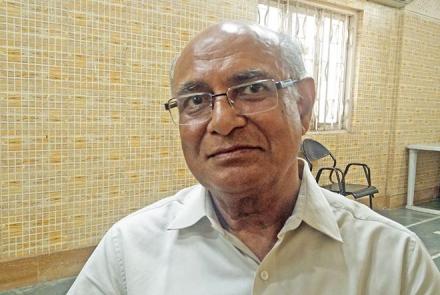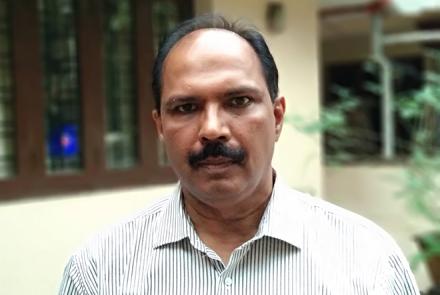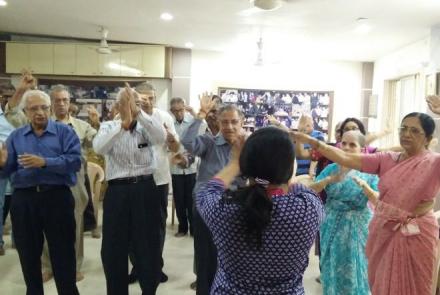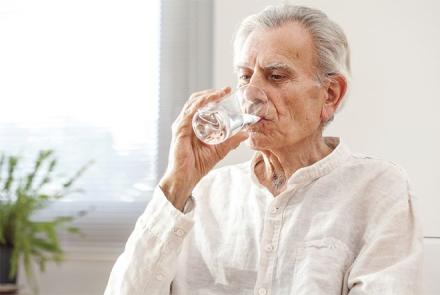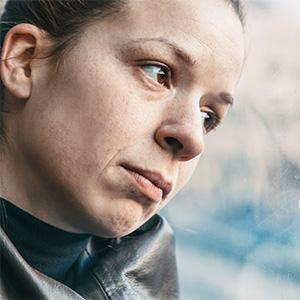
Losing a loved one especially after a long period of caregiving can be distressing and leave you with a range of different and conflicting emotions. This article by PDMDS suggests six ways to deal with grief and loss.
Losing someone close to you is extremely distressing. That loss also signifies the end of your caregiver role which may create feelings of emptiness. How you cope with the demise of the person you cared for is a very personal thing. Remember, there is no right or wrong way to feel following a death. But it is a pain that needs to be addresses and dealt with. Therefore be patient and kind towards the most important person: you.
Immediately after a death there are a lot of necessary things that need to be done like informing friends and family, registering the death, arranging the funeral and other religious/cultural rituals. During this phase, you may be surrounded with family and friends. It is only after they have left that you may really start to realize and feel the loss. You may experience a range of emotions like shock, disbelief, sadness, anger and guilt. You may also begin to question your faith and your religious beliefs. These are normal reactions to the death of a loved one and there is nothing right or wrong in feeling these strong emotions.
Many caregivers feel guilty about things they did or didn’t do, say or didn’t say. They might feel guilty about having thoughts of feeling relieved when their loved one passed away after a difficult illness. They even feel guilty for believing that they did not give their best in caring for their loved one. But be assured, given your responsibilities, duties and limitations as a human being, you have done your best.
Anger and bitterness is also felt by caregivers. They may feel angry towards God for taking away their loved one, with doctors who weren’t able to find a cure, with the loved one for leaving them and also with themselves for not preventing the death (even though there was nothing they could do). Realize that this was nobody’s fault. It is a natural part of life. Caregivers may also experience physical symptoms after the death of a loved one such as fatigue, lowered immunity, weight loss or gain, pain and sleep disturbances. Give yourself and your body time to cope with this grief.
Each person’s way of coping with death and loss differs. Some may cry, some may not, some may avoid work some may resume work. But remember, the pain will not go away if you ignore it or deny it. You do not have to hold back your tears and be strong. Feeling sad, frightened, empty are normal reactions to the loss you are going through. You need not put up a brave front to protect the rest of your family. Be true to yourselves and them and be in this together.
After the demise of your loved one, it may be difficult to come to terms with the loss of not only your family member but also your caregiver role. When you’re ready, it is helpful to look at rebuilding your life. The following are a few suggestions that can help you start.
1. Reconnect with friends and family
Many caregivers tend to lose contact with friends and family because of the demands of care giving. But the best help comes from people who are close to you and who know you. Reconnect with them. Talk to them. Many a times you may feel that they are behaving odd around you but that is usually because they do not know what would be the perfect thing to say or do. Therefore it would be helpful if you could specify or share what you need and expect from them.
2. Talk it out
It is important to express and share the emotions you are going through. You may feel like re-living the memories you shared with your loved one, you may want to go through his belongings; you may want to talk about his nature. Talk to a friend who you feel will understand you.
Sometimes, you may find it more cathartic to talk to someone who is also facing the loss of a loved one. Support group forums may help you connect with such individuals.
3. Social Service/Volunteering
Volunteering at charity organizations is a good way to adequately use your time, skills and resources and to help in the well being of others. You could contact various NGOs that pursue causes that are of personal significance to you or you may be willing to support a cause that was of great value to your loved one.
4. Doing something you love
There may be that one interest that you have always wanted to pursue but kept putting it off due to the responsibilities you had to face at various stages of life. Give yourself the opportunity to whole heartedly pursue this activity that you have always been procrastinating.
5. Learning something new
There is no age or time boundary to learning. Learning; as they say never ends. Your care giving role might have generated new skills and interests that you may want to professionally learn and pursue. And for motivation, research states that learning a new skill is a very good exercise for the brain.
6. Work
You may have left your work due to retirement or to be there for your loved one. You may explore the possibility of returning to work or starting something at home.
These were a few suggestions to help you focus on rebuilding your life. You may have many other activities or suggestions that you could start putting to action. If you feel nothing is helping you to feel better and cope with the loss, it might be beneficial to speak to a psychologist.

